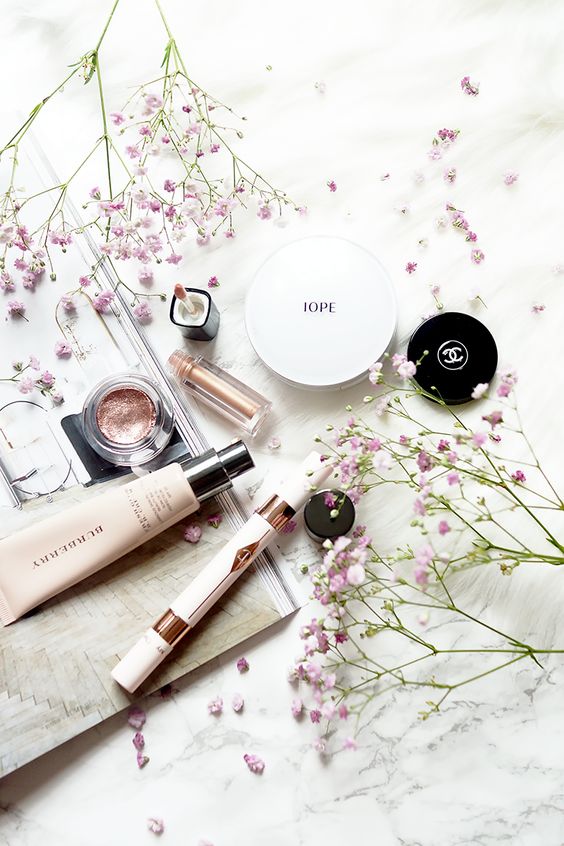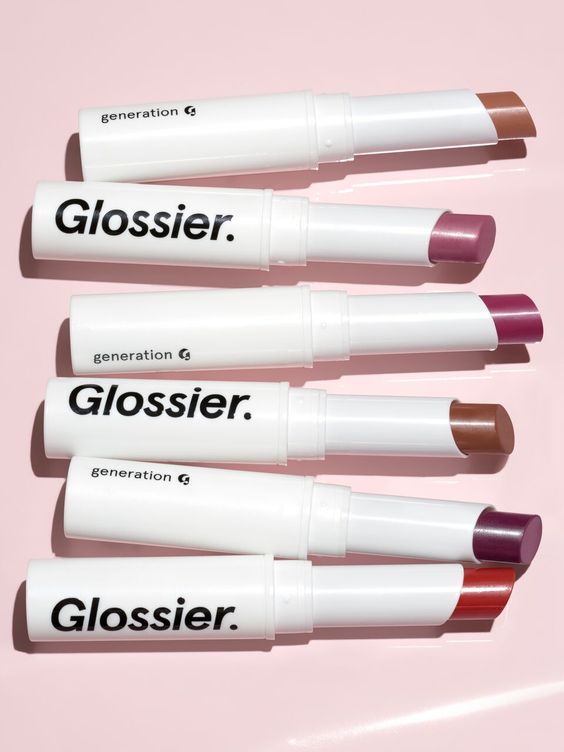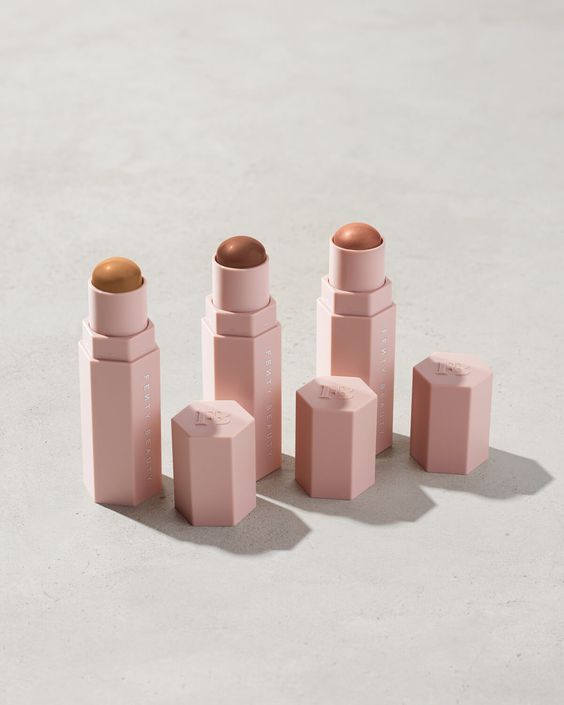
If you are looking to start a business, the beauty industry would definitely be a wise one to consider. This $445 billion dollar industry is constantly growing with brands that have a more conscious mindset than ever before.
Today’s beauty consumers are less focused on the brightest lip color, the darkest eyeliner, or the sweetest smelling lotions. Now, the focus providing the best sources for the body as well as the world we live in. Although the overall look of cosmetics is a crucial factor, consumers are understanding the importance of ingredients, sources, and long-term effects from these products.
Skin complexions and conditions are also being heavily acknowledged. Beauty brands are responding to these unique qualities with products that keep them in mind. Inclusion has been an issue in the beauty industry, but luckily, over the past few years, those consumer’s voices have finally been heard.
Next, women are constantly on the move now more than ever. Therefore, it is important to wear cosmetics that will not cause running or need reapplication.
Lastly, it’s no secret that technology plays a role in every industry, and beauty is no different. Items are being advertised, promoted, and sold through social media and mobile apps. So if a once-beloved beauty brand decides not to engage in most of these trends, that brand can easily became irrelevant
Today’s brands are focused on solution rather than vanity. Emily Weiss’s Glossier is the perfect example. Before launching the successful line, Weiss ran a blog titled “Into the Gloss”. This blog included interviews with Kim Kardashian, Karlie Kloss, and countless other beauty users. “Into the Gloss” eventually spiraled into 1.5 million monthly page views, viral recognition. After listening and understanding the needs of these beauty-lovers, Emily turned this renowned blog into a beauty brand. So, with investments from Thrive Capital, this beauty product idea became a reality, and Glossier was born.
The point being the main focus of Into the Gloss and Glossier has always been on community ― understanding what consumers needs on a personal level.
The recently launched Fenty beauty line is also a perfect example of inclusion. Ever since the music sensation Rihanna debuted the Fenty x Puma fashion line at New York Fashion Week S/S 2017, the fashion industry was raving. Exactly a year later, the pop star-turned-fashion designer shocked the world when adding beauty to the Fenty brand. Consumers everywhere are not only obsessed because it’s owned by a household name, but, unlike many cosmetic brands, it carries a wide array of shades.
Sustainability, inclusively, and technologically driven seem to be the goal. If a beauty brand doesn’t carry these elements, its only a matter of time before it is left behind.


